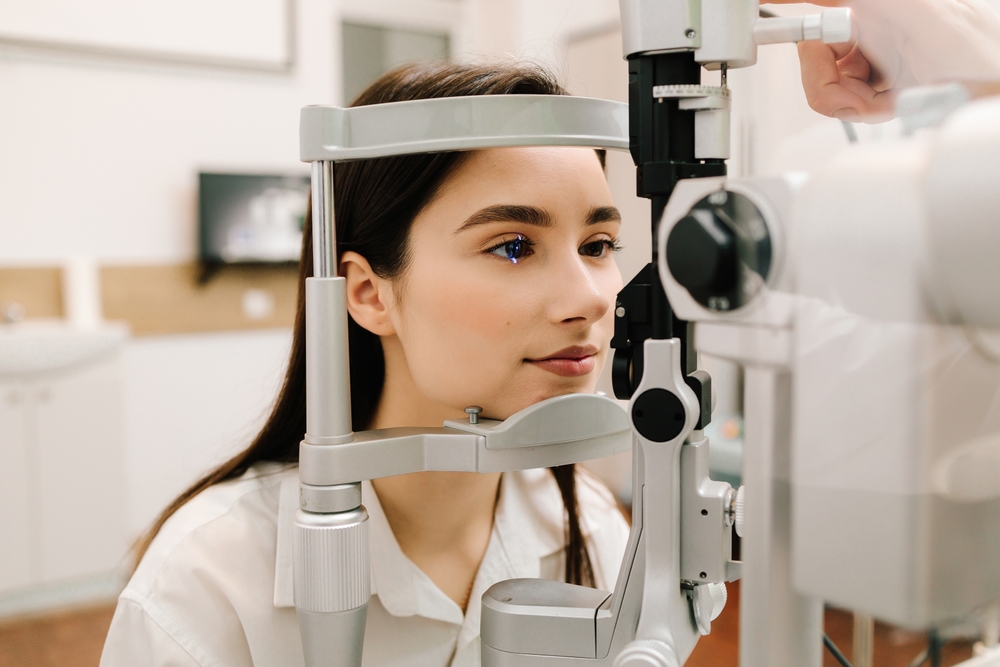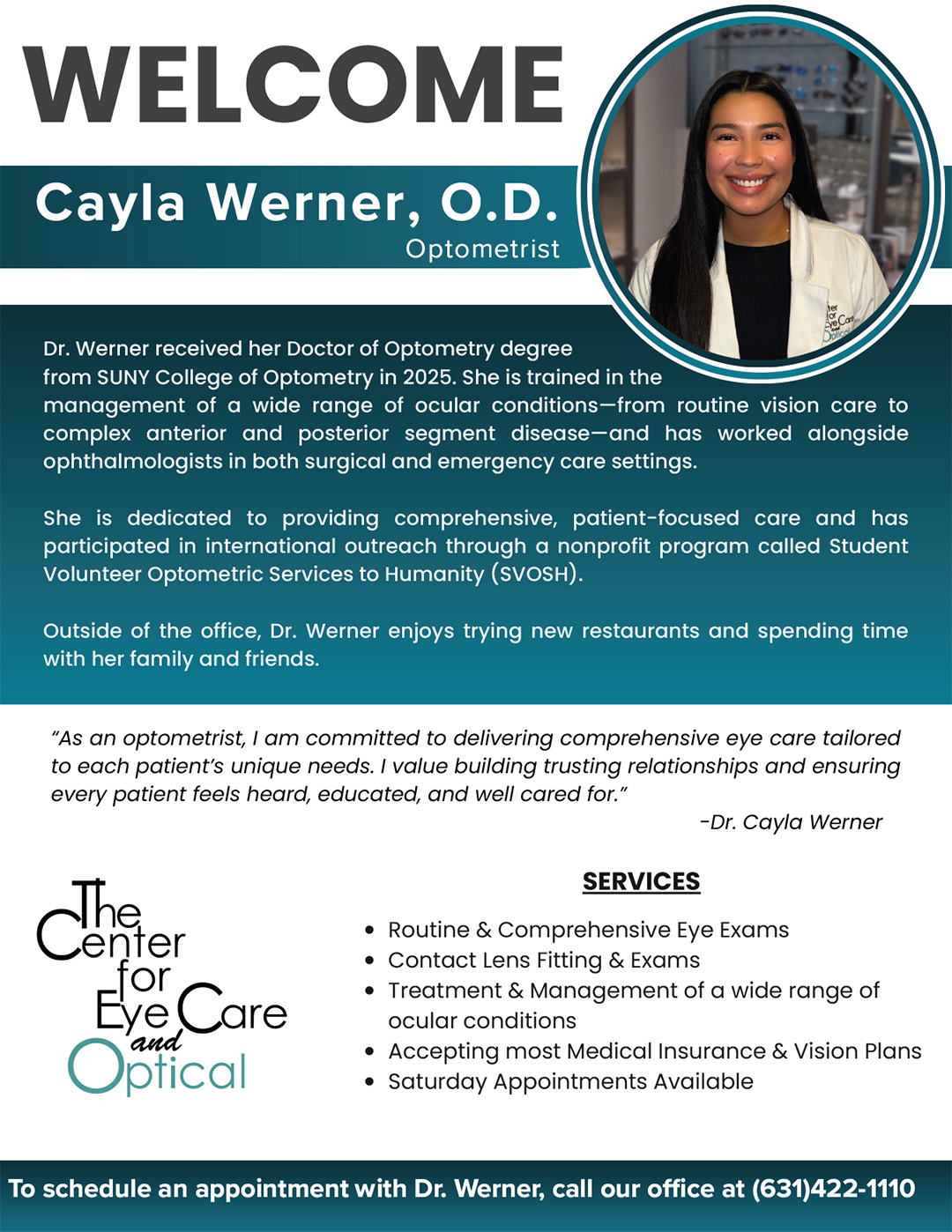
Regular eye exams are a key part of maintaining overall health and preserving your vision - but how often should you actually see your optometrist? The answer depends on several factors, including your age, health history, and lifestyle. Understanding these variables can help you stay ahead of potential vision issues and ensure your eyes remain in top shape.
What Is a Comprehensive Eye Exam?
A comprehensive eye exam goes beyond checking your vision for glasses or contact lens prescriptions. During the visit, your doctor evaluates the overall health of your eyes. This includes checking for signs of eye diseases such as glaucoma, cataracts, macular degeneration, and diabetic retinopathy. The exam may also reveal early signs of systemic health conditions like high blood pressure, diabetes, or even autoimmune disorders.
Why Are Routine Eye Exams Essential?
Even if you believe your vision is fine, annual eye exams are crucial. Many eye conditions develop gradually and without noticeable symptoms in the early stages. By the time symptoms do arise, the damage may already be significant or irreversible.
Routine exams allow your doctor to detect changes early, provide timely treatment, and monitor your eye health over time. This proactive approach helps preserve your vision and prevent complications.
Who Needs More Frequent Eye Exams?
While the general recommendation is to see an eye doctor once a year, some individuals may need more frequent visits:
Seniors (Ages 60+): Age increases the risk of conditions like cataracts, glaucoma, and macular degeneration. More frequent monitoring can catch these issues early.
People with a History of Eye Disease: Those with personal or family history of eye conditions should follow a more tailored exam schedule.
Diabetic Patients: Diabetes can cause vision-threatening complications such as diabetic retinopathy. Annual or semi-annual exams are often necessary.
Contact Lens Wearers: Regular follow-ups help ensure lenses are fitting well and not damaging the eyes.
People with High-Risk Occupations or Hobbies: Frequent exposure to screens, bright lights, or hazardous materials may warrant more frequent checks.
Individuals Taking Certain Medications: Some medications such as steroids, antihistamines, or medications for high blood pressure can have side effects that impact eye health.
Your Lifestyle Matters Too
If you spend extended time on digital devices, drive long hours, or have habits that can affect eye health, it’s wise to see your doctor regularly. Prolonged screen time can lead to digital eye strain, dry eyes, and blurred vision. Habits such as smoking are also linked to an increased risk of cataracts, macular degeneration, and damage to the optic nerve.
Your doctor can offer customized advice and preventive strategies based on your daily activities. This may include recommendations for blue light filtering lenses, artificial tears, prescription medications, nutritional supplements, or specific monitoring schedules. By tailoring care to your lifestyle, we can help you maintain clear, comfortable vision and reduce your risk of long-term damage.
Prioritize Your Vision and Eye Health Today
Regular visits to your eye doctor are a simple but powerful way to detect issues early, preserve your vision, and support your overall health. Whether you’re due for a routine check-up or have specific concerns, staying consistent with eye exams is key.
Contact The Center for Eye Care and Optical to schedule your next eye exam and get personalized care tailored to your needs. Visit our office in West Islip, New York, or call (631) 825-7725 to book an appointment today.











